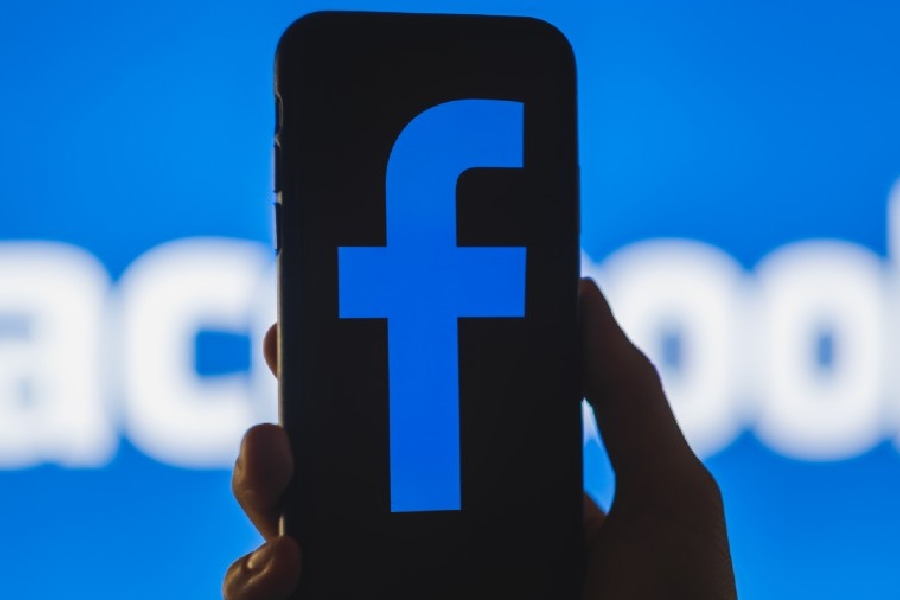Social media has transformed activism, providing marginalised communities with platforms to amplify their voices. For Indian Muslims facing escalating discrimination, platforms like WhatsApp, X (formerly known as Twitter), and Facebook have become essential tools for raising awareness about issues such as communal violence, police brutality, and State-sponsored demolitions. However, the stark gap between online visibility and real-world change remains glaring.
Influencers frequently share posts about anti-Muslim violence, eliciting emotional responses from followers. Yet, this engagement seldom translates into organised action or concrete policy reform. The cycle of online awareness often fails to dismantle the deeply entrenched systems of marginalisation that perpetuate suffering.
This phenomenon highlights a broader issue regarding social media activism. While platforms reward emotionally-charged content with likes and shares,
they do little to foster meaningful outcomes. Prominent Indian Muslim influencers, despite extensive followings, often find that their posts generate significant attention without leading to coordinated efforts or grassroots mobilisation.
The barrage of distressing content can, in fact, lead to ‘activism fatigue’ wherein the audience becomes so inundated with information that it struggles to engage meaningfully. Consequently, online engagement risks becoming a hollow gesture, creating a cycle of solidarity that lacks substance.
This cycle underscores the troubling commodification of the struggles of the marginalised in the digital sphere. Social media thrives on user engagement and emotionally-charged posts drive interaction. Capitalism further exploits this dynamic, transforming genuine sentiments into profit by selling engagement metrics to advertisers. The challenges faced by, say, Indian Muslims become mere content for consumption rather than genuine catalysts for change. This commodification affects how activism is executed, with influencers often prioritising visibility over substance, opting for sensational content rather than effective solutions.
Moreover, the focus on outrage-driven engagement can dehumanise those posts they aim to support. Each incident of violence thus becomes just another opportunity for collective shock. This reduces the lived experiences of individuals to mere trending topics that quickly fade from public consciousness.
The consequences of performative social media activism extend beyond political efficacy; they also affect the mental well-being of citizens who are discriminated against. Constant exposure to graphic images and narratives of violence against a minority community can lead to heightened anxiety, despair, and a pervasive sense of hopelessness. As young Muslims navigate a stream of posts chronicling their marginalisation, they may find their agency eroded, seeking validation through likes rather than engaging in authentic activism. This creates a perilous cycle: while young Muslims feel empowered to voice their struggles online, they often remain trapped in an echo chamber, perpetually confronted with their vulnerabilities without being offered pathways toward meaningful action.
To break free from this cycle, Indian Muslims must re-evaluate their engagement with social media. While Facebook, X and WhatsApp can raise awareness, they cannot serve as the sole avenues for activism. Offline initiatives, such as grassroots organising, educational campaigns, voter registration drives, and protests, are crucial for effecting real, lasting change. Building coalitions with other marginalised communities can amplify these efforts, creating a broader, intersectional fight for justice.
A long-term perspective on activism is essential. Underprivileged communities must invest in institutions, networks, and movements and take activism beyond the confines of social media to facilitate meaningful transition.
Istikhar Ali, PhD (JNU) and DAAD Fellow, is a public health scientist focused on marginalisation and mental health










